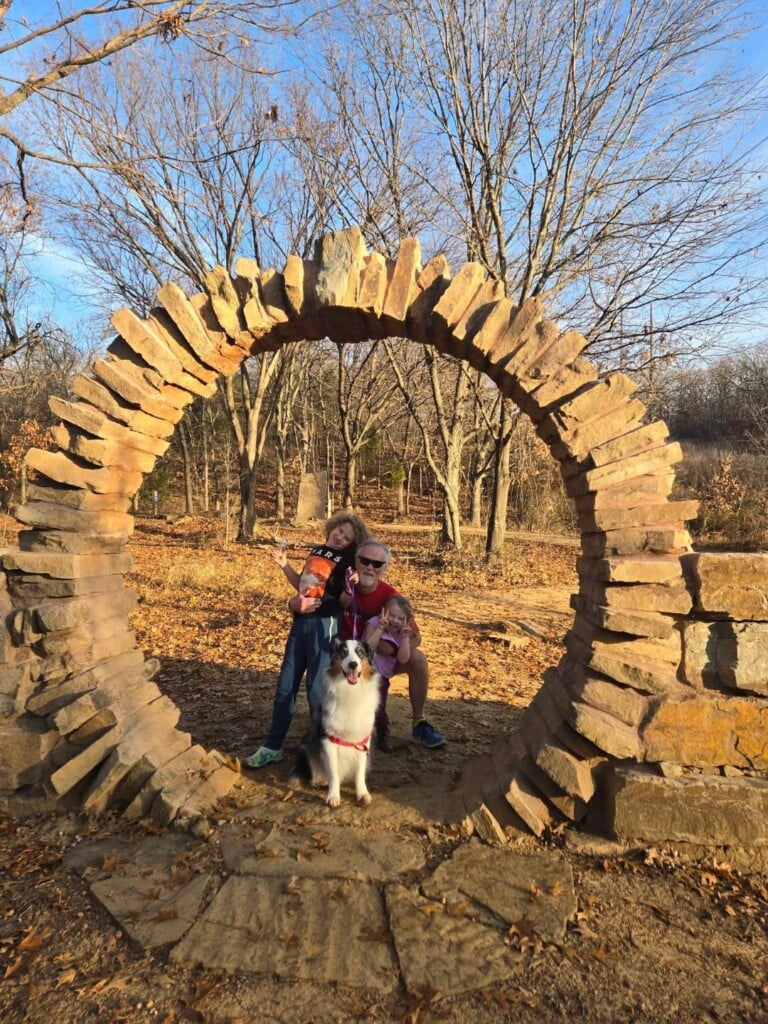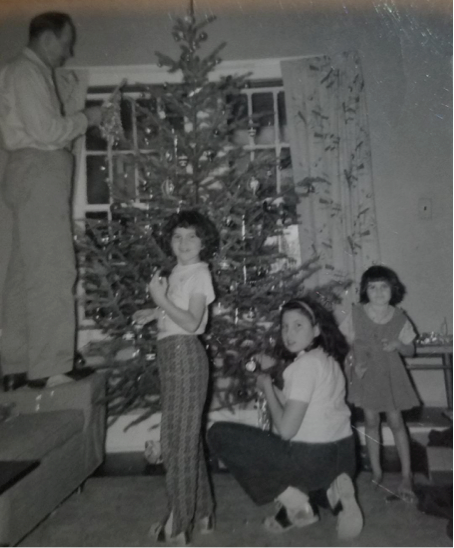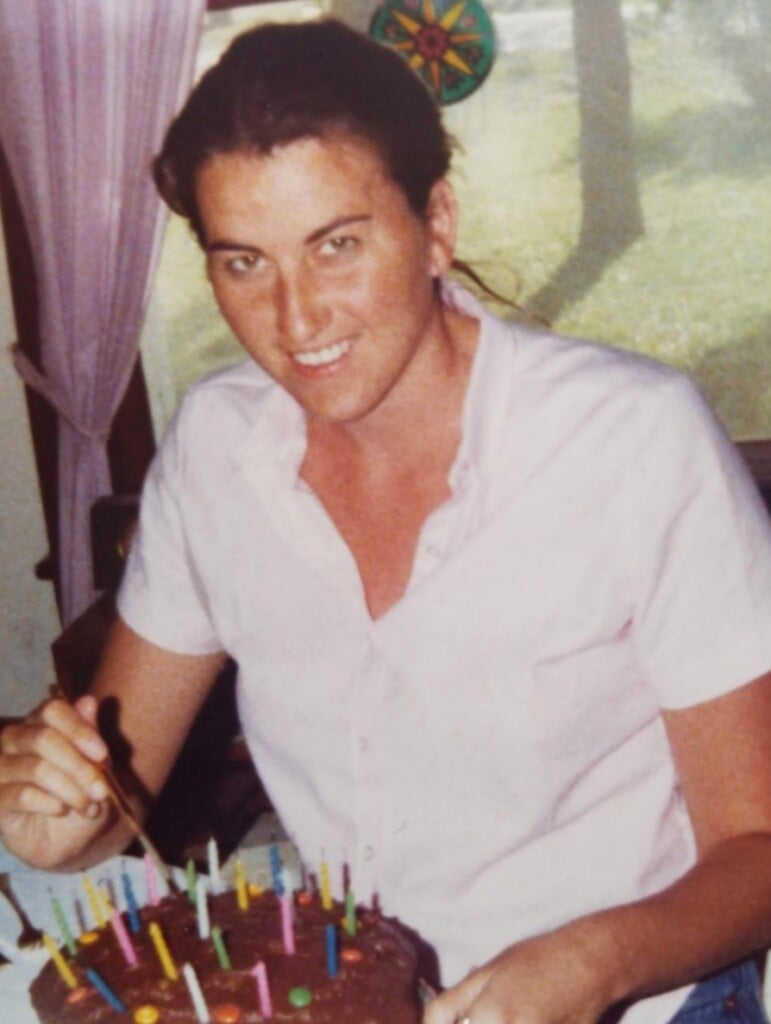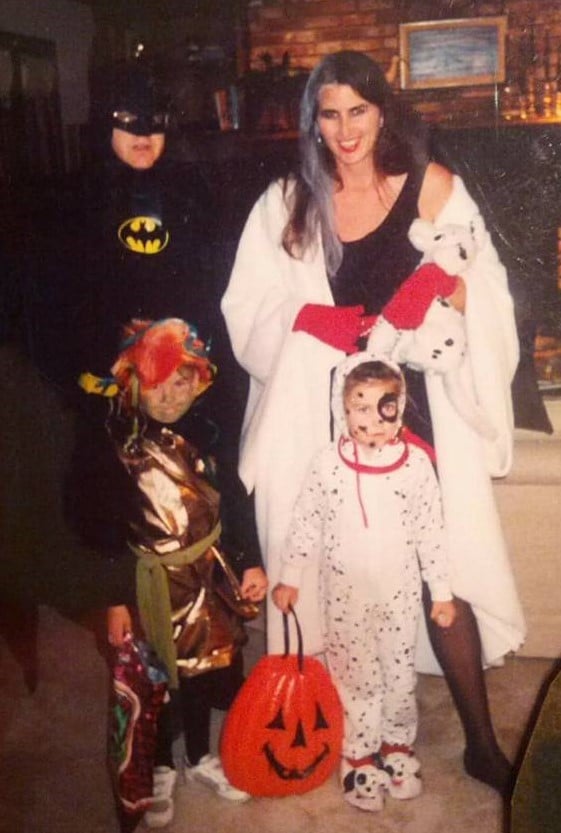Four Reasons Why I Talk About My Brother’s Disabilities
Not long after I posted something on social media about Gus Walz, a friend asked if I thought it was acceptable to post about someone’s disabilities. We rationally discussed it back and forth, and in the end, I said I wasn’t really sure and was going to give it some serious consideration. I appreciated her thoughtful question and the introspection it prompted. I questioned whether I was in the wrong for openly discussing my brother’s disabilities. Is my motivation pure and legitimate?
I began sharing stories and information about my brother on social media about ten years ago. I have written numerous blogs for TulsaKids Magazine about my brother specifically and disabilities in general. My book, “The Long Road to Happy,” about being the sibling of a brother with disabilities, was published in 2023. I’ve talked openly and honestly about our life together, including discussing my sometimes complicated feelings about being his sister and now guardian. I believe my reasons are valid, but I’d like to hear your opinion.
1. Support
I was raised in an era when we didn’t talk about disabilities. It felt shameful, almost as if we had done something wrong because we had a family member with a disability. My parents had to struggle through the maze of parenting a child with disabilities with very little information or support. I can’t imagine how they did it!
I went through childhood and adolescence feeling like my brother was a secret I needed to hide. I thought I was the only one who had a sibling with disabilities. I rarely talked about it and hid my feelings about it deep inside. That secrecy felt terrible and led to other physical and emotional issues. Talking about it and connecting to others is such freedom and so validating! Families of people with disabilities need community and support!
2. Awareness
It’s important to bring awareness to others about various aspects of disabilities they may not have thought about. An example is the time I posted about the need for more family bathrooms because I sometimes feel unsafe allowing my brother to go into men’s rooms alone. Yet, it’s unacceptable to take him into women’s restrooms, so I have a dilemma. Several people said they had never even considered the need for family bathrooms for adults with disabilities. In the same vein, an acquaintance posts about the need for adult-size changing tables in public bathrooms, an issue I wouldn’t know about if it weren’t for her posts. Awareness is essential because it leads to change.
3. Education
Even though I have been a sibling to someone with disabilities for 61 years and have attempted to learn as much as possible, there is still so much I don’t know! Back to the Gus Walz post, I had initially said he was non-verbal, and one of my more educated friends responded with a link to the accurate diagnosis of non-verbal learning disorder, a diagnosis I knew nothing about. I love that we can educate others and, in turn, learn from others by talking openly about disabilities. Educating ourselves and others about disabilities is essential to the acceptance and inclusion of people with disabilities.
4. Advocate
There are many people with disabilities who are powerful self-advocates. I’m lucky to know a few of the best self-advocates! However, some people, like my brother, need a little help in the advocacy area. I strive to speak for him and his needs. We must continue to advocate for disability rights, which include the obvious physical items such as ramps, parking, assistive devices, and bathroom accessibility, as well as less visible but still essential necessities such as equal pay, medical care, housing, and support services. Awareness, education, and advocacy combine to impact laws directly affecting people with disabilities and their families.
Many states have years-long lists for people with disabilities to receive services, which is an immoral injustice, in my opinion. Other states, like Oklahoma, are unbelievably still debating the legality of using corporal punishment against students with disabilities! Advocacy is desperately needed to ensure people with disabilities are protected.
Consent and Ethicality
I’m glad someone questioned me about whether it’s permissible to talk about other people’s disabilities openly. Her question prompted me to consider my motivation and whether it was acceptable. When I visit my brother, I always get his permission to share pictures. He loves to have his picture taken and readily agrees, but does he understand what he is consenting to? He loved to sign copies of the book I wrote about him and have his author’s photo taken, but he isn’t able to read what I wrote. It brings up ethical questions that I haven’t fully answered.
However, I do believe the gain in awareness and education is a valuable and necessary tool in the ongoing fight for equal rights among people with disabilities and their families. Maybe I’m justifying my actions, but I know my brother well and am sure he would agree.



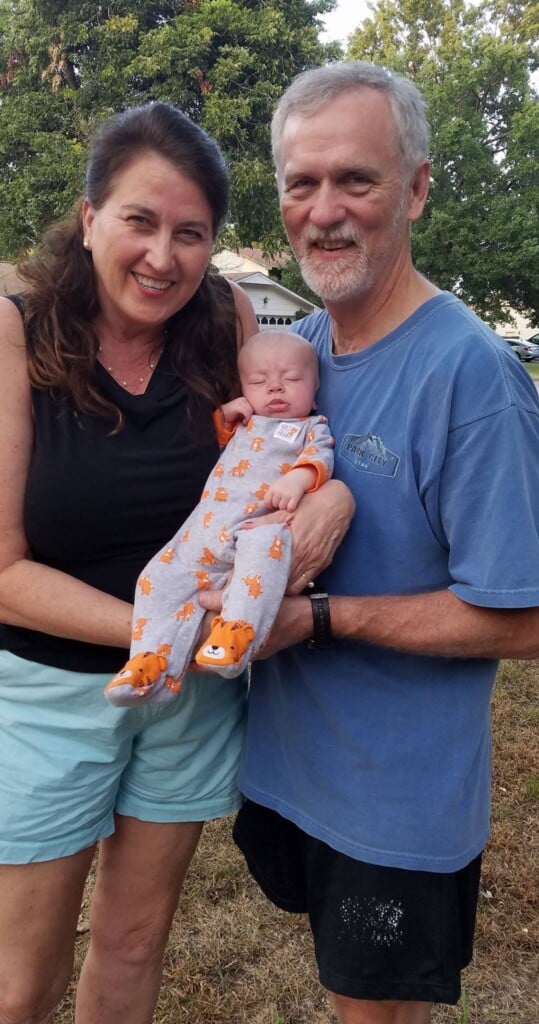
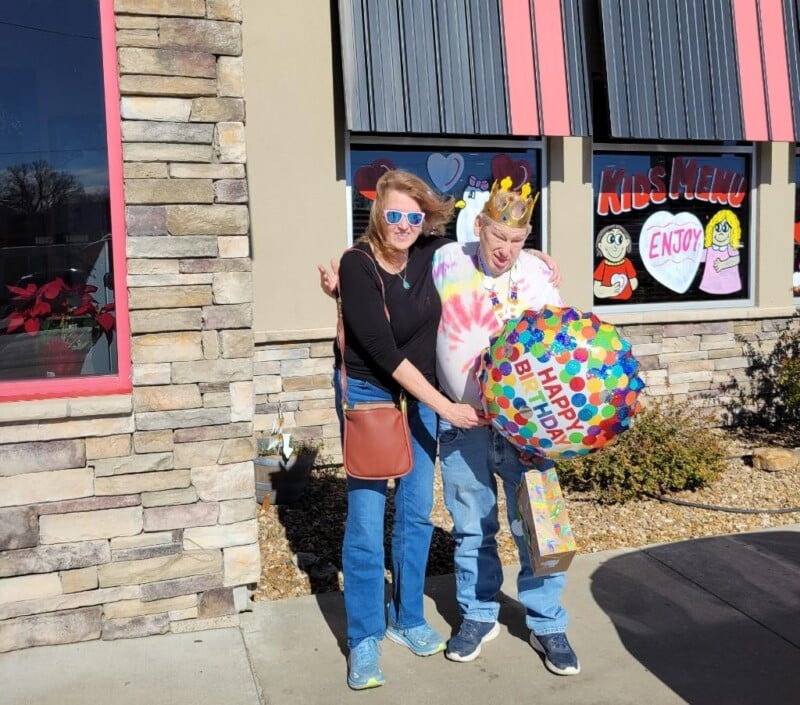
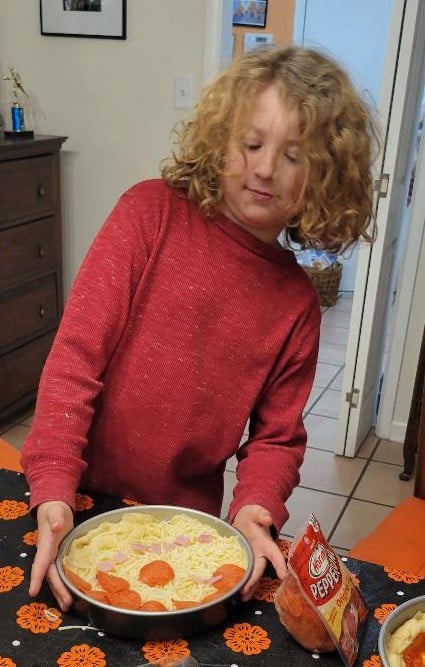
 Welcome to Grand Life, the TulsaKids blog that explores the wonderful adventures of grandparenting! Join me and my grandchildren as we explore interesting activities and visit family friendly sites in Tulsa. This blog shares the joys and challenges of grandparenting as well as the various roles grandparents play in their grandchildren’s lives.
Welcome to Grand Life, the TulsaKids blog that explores the wonderful adventures of grandparenting! Join me and my grandchildren as we explore interesting activities and visit family friendly sites in Tulsa. This blog shares the joys and challenges of grandparenting as well as the various roles grandparents play in their grandchildren’s lives.


